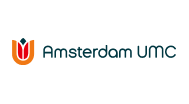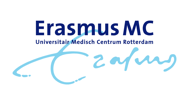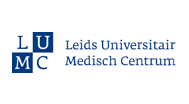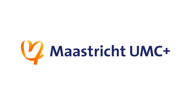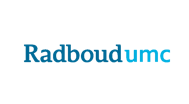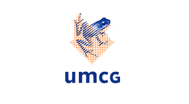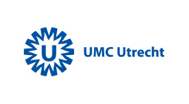Research and innovation
In terms of science, the Dutch umcs are world leaders. They are the driving force behind innovation in healthcare. They do that individually but also jointly. They also work closely together with other scientific and societal organisations both locally and internationally.
Along with their healthcare and educational functions, the umcs have a societal research role. They offer a unique combination of research, education and patient care. That is why they are eminently suited for the entire research chain: from fundamental investigation (for example, the properties of a new virus) to patient-related research and applications in the clinic and society. And they are certainly successful: the umcs are responsible for 40% of the total scientific output in the Netherlands. This is a huge contribution to the recognition of the Netherlands as a ‘knowledge country’.
- Regional research and innovation: how do the umcs strengthen research in their region?
- Europe: the umcs work extensively with European research and innovation projects.
- COVID research: the umcs have joined forces to combat the COVID-19 virus. The result: hundreds of scientific findings.
- Recognition and appreciation: how can we recognise and appreciate our scientific staff more widely?
- Top sector policy: living longer in good health, independent of your socio-economic status. That is what the Life Sciences & Health top sector is striving for, by initiating and stimulating interdisciplinary public-private partnerships.
- National Science Agenda: putting 12,000 questions gleaned from the general public into a society-wide research agenda on which the umcs are collaborating intensively.


